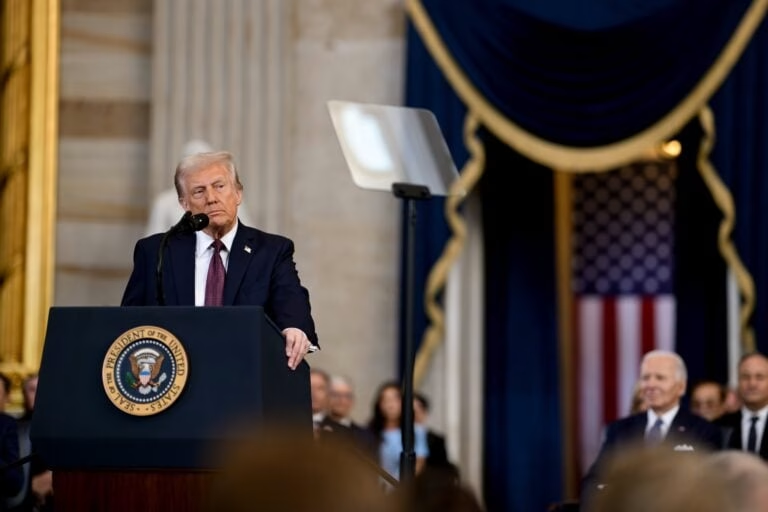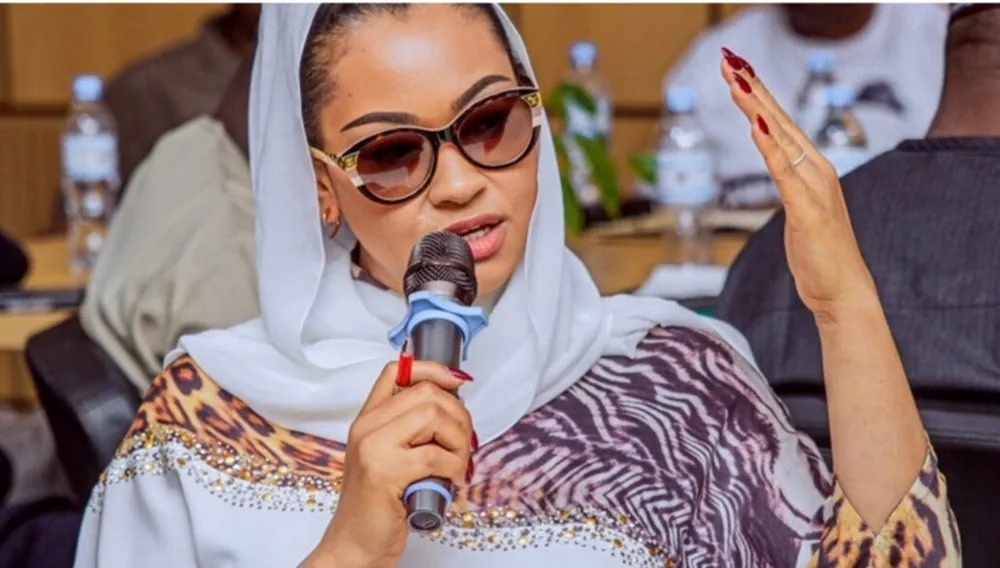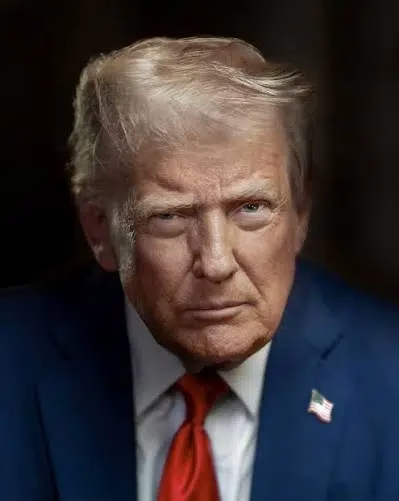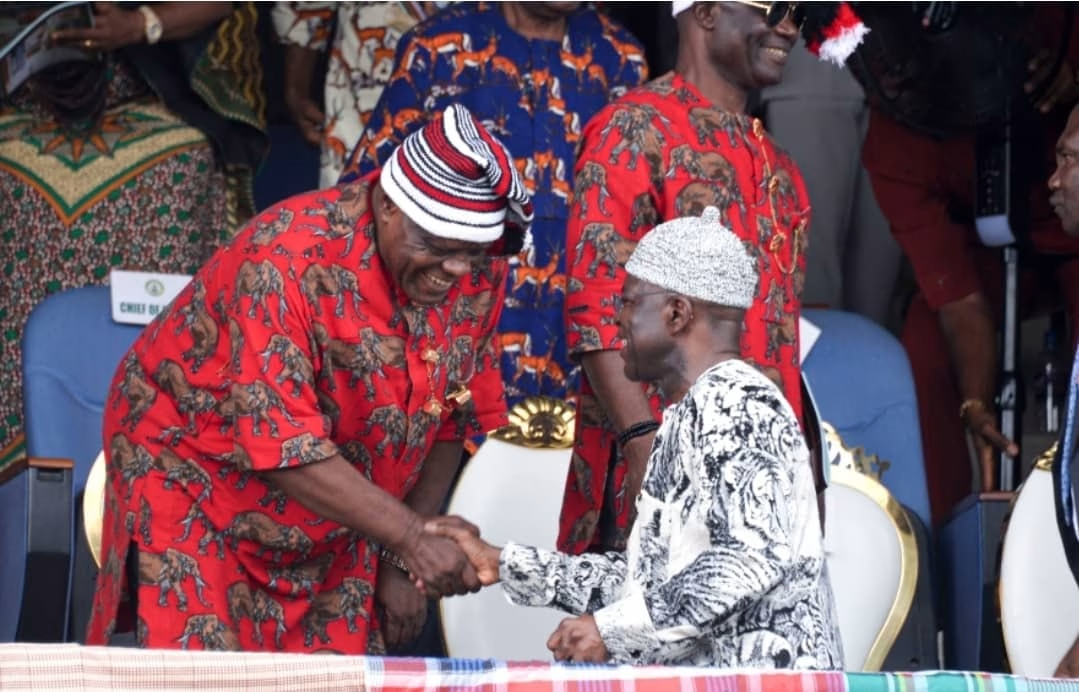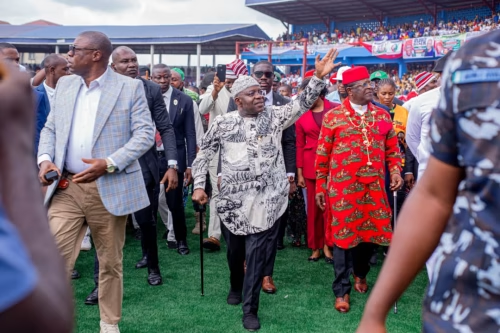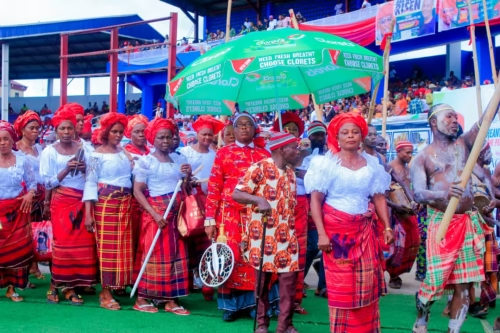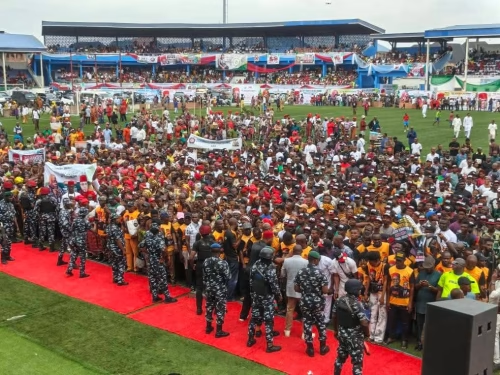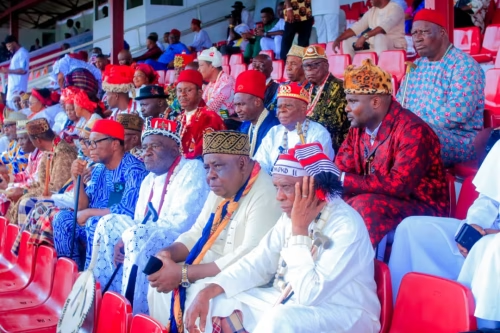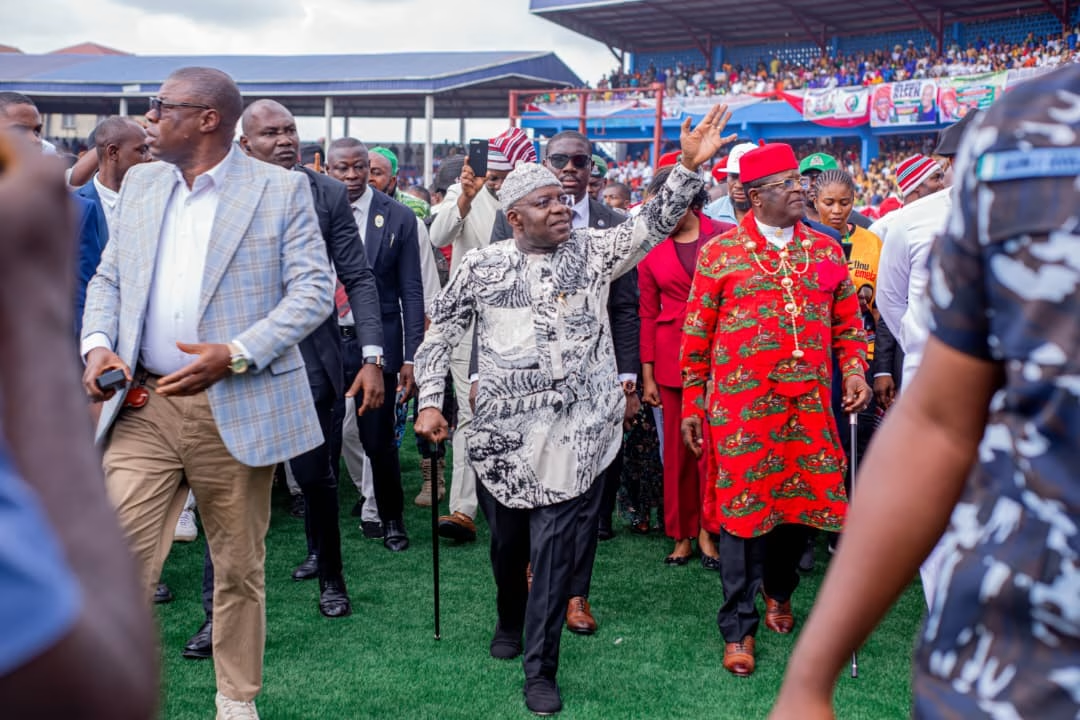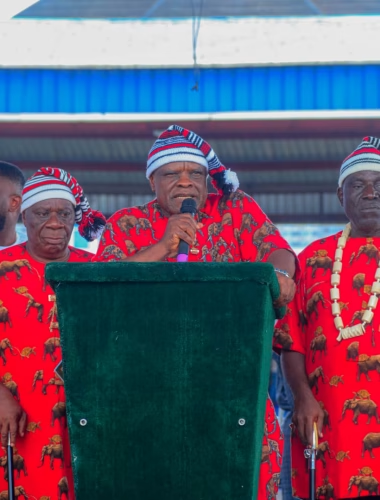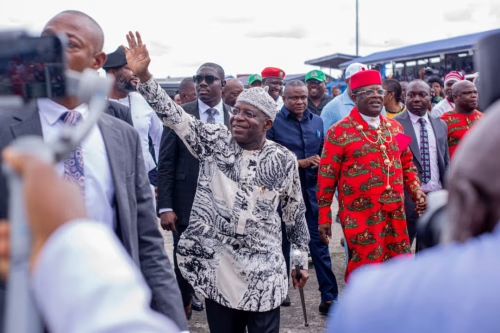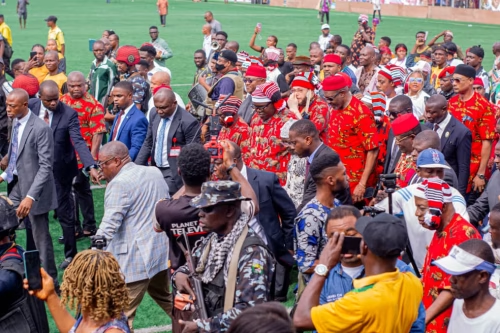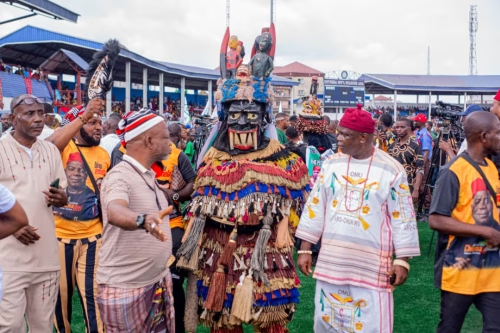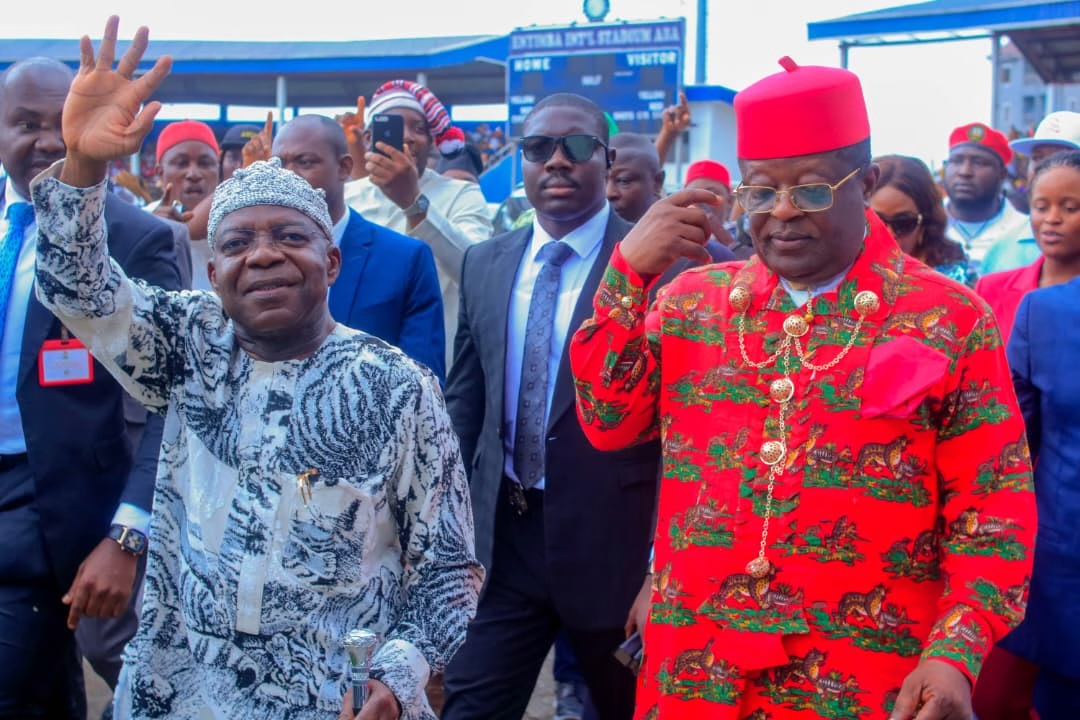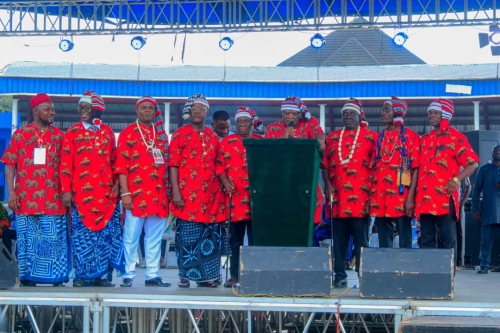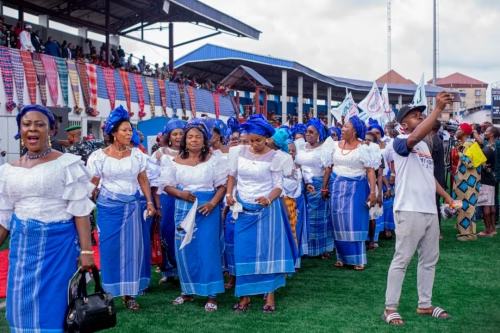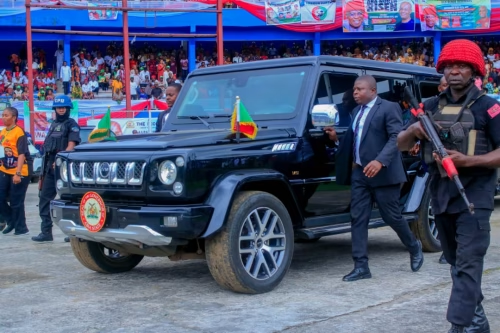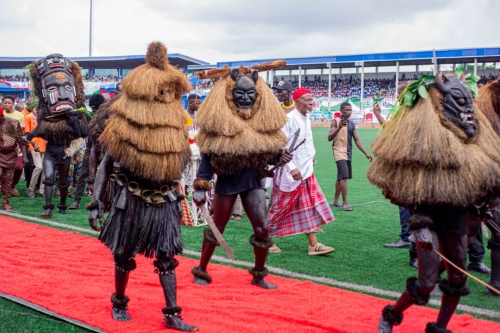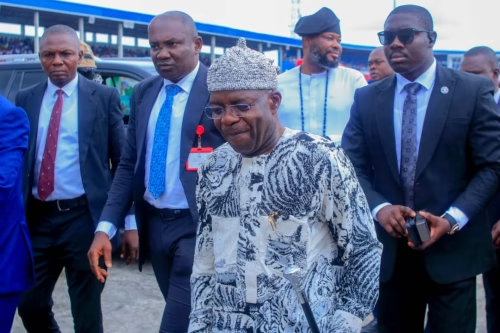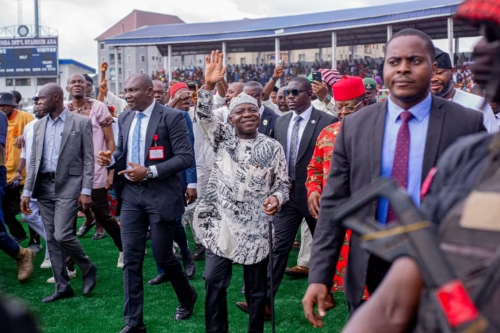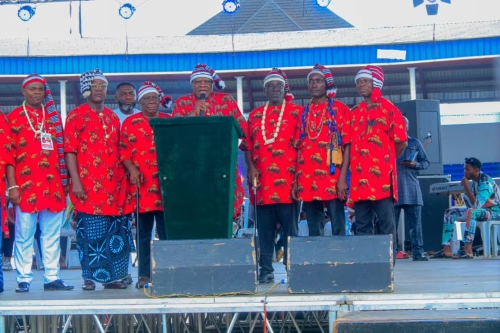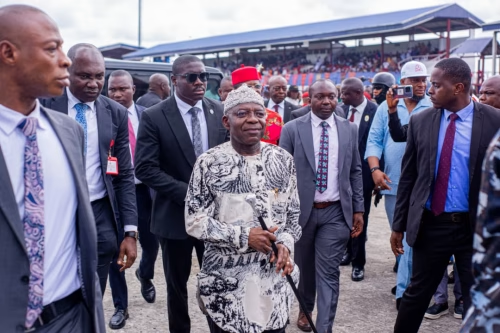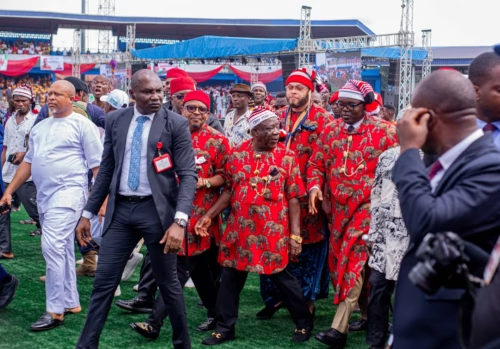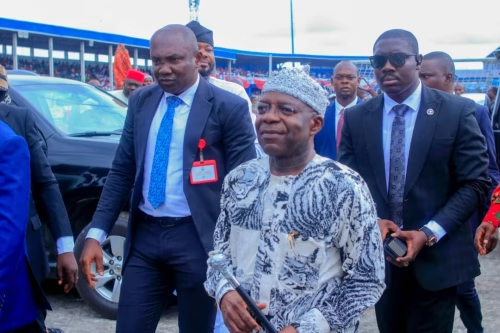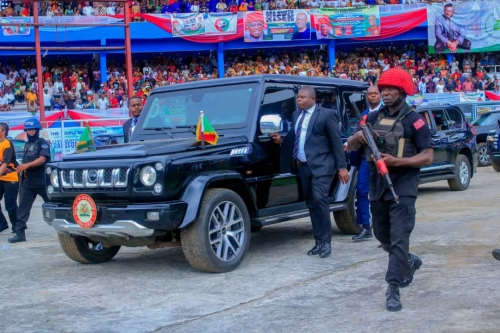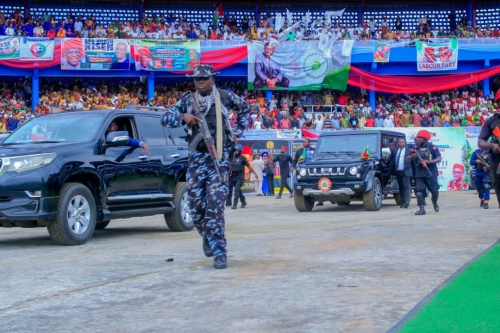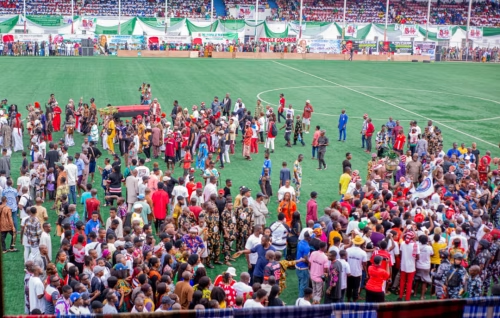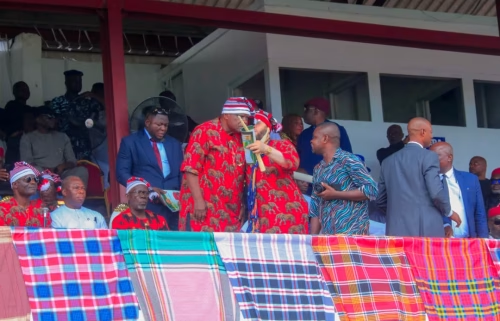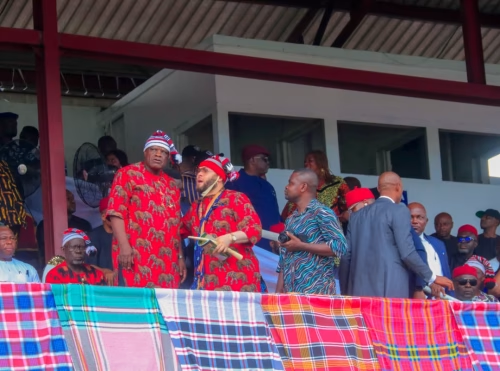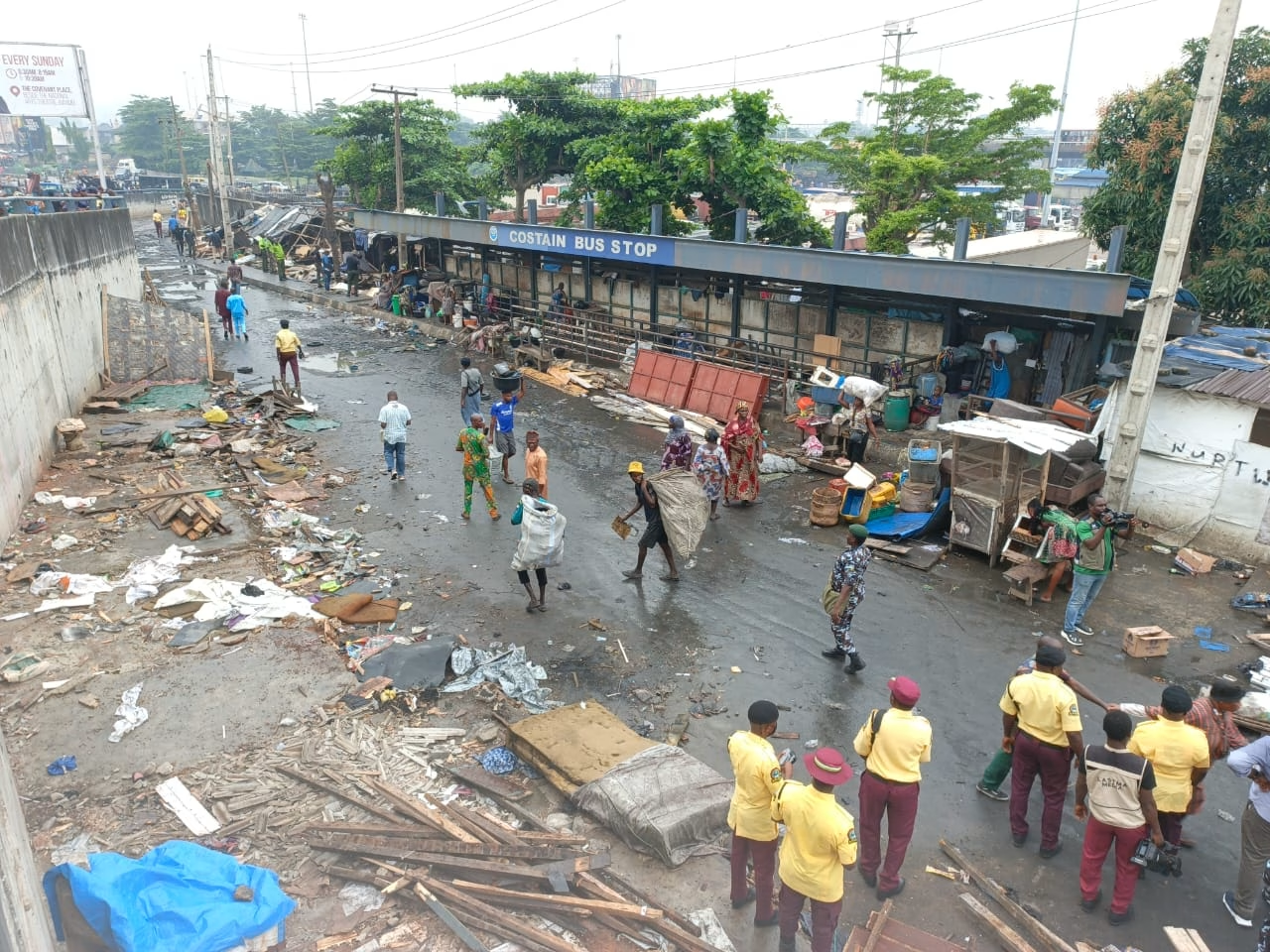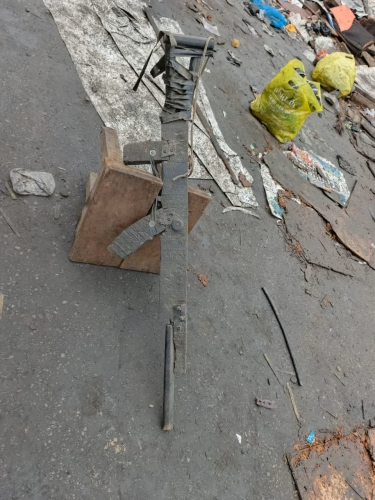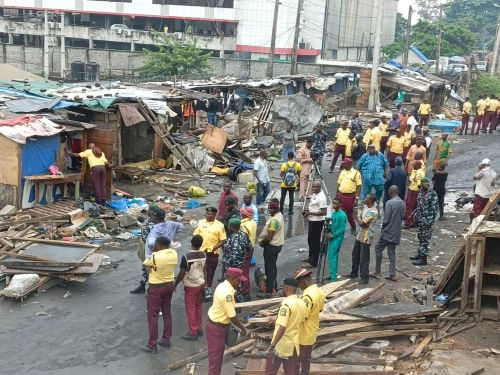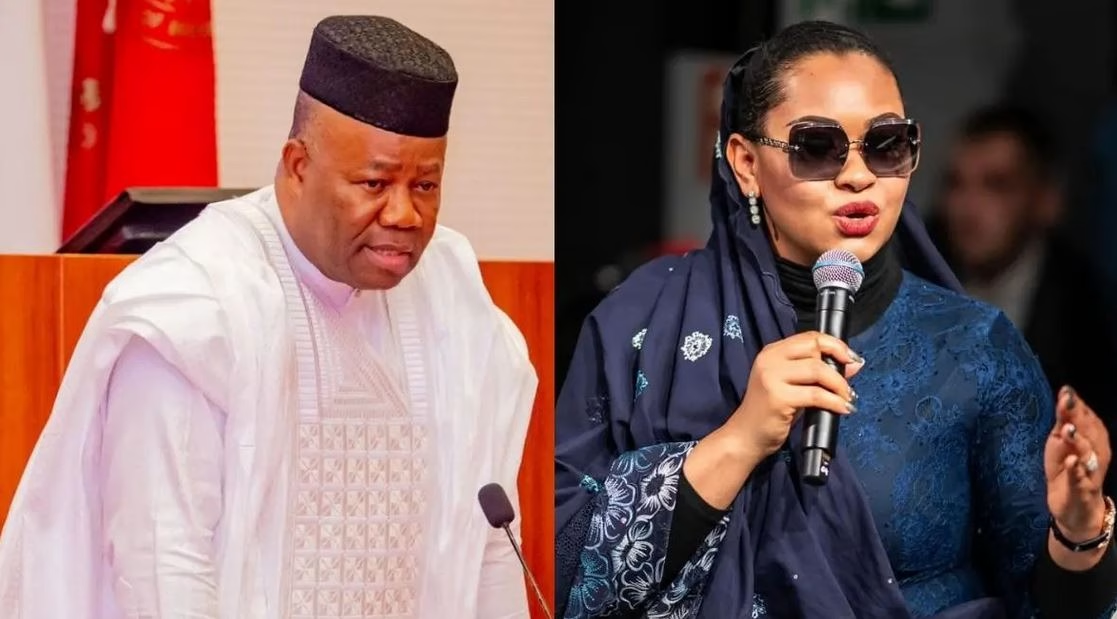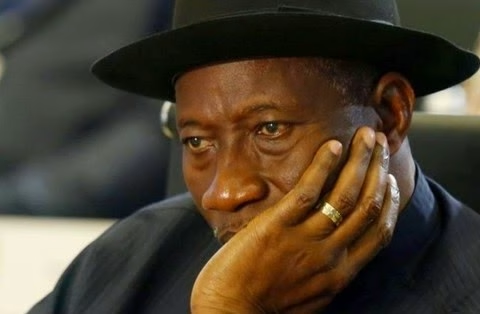By Tunde Rahman
In an age when the lines between truth and falsehood are getting increasingly blurred, I was nonplussed when President Trump labelled Nigeria a Country of Particular Concern on October 31. My incredulity was heightened given that his action stemmed from unproven allegations of genocide against Christians. Was it another deepfake facilitated through AI or simply a case of mistaken identity?
I was of the view that President Trump might have actually meant another country, and not Nigeria. He had, after all, adopted a similar approach in December 2020, which proved quite unsuccessful.
President Biden, who succeeded him in office, rightly removed the designation barely a year later, in November 2021, convinced, as most had been, that Trump’s action was based on unverified allegations.
The US President has since doubled down on the labelling, threatening to take military action against Nigeria’s Islamists and terrorists. My scepticism derived from the premise that the facts on the ground, indeed the Nigerian situation, do not align with what can be termed a Christian genocide or genocide of any sort, as exemplified in the recent Israeli massacre of Palestinian people, including children.
It is thus not surprising that top Nigerian government functionaries – from Foreign Affairs Minister Yusuf Tuggah and Minister of Information and National Orientation Idris Mohammed, as well as most commentators – have already debunked the claim of Christian genocide or wholly Christian killings in Nigeria. The country may still be having some security issues to contend with; however, they argue that there are no targeted killings of Christians, let alone a Christian genocide.
Indeed, a recent investigative report by the BBC Global Disinformation Unit has picked holes in the threadbare claims of a “Christian genocide” in Nigeria. In very stark details, the report highlights how the International Society for Civil Liberties and Rule of Law (Intersociety) and allied Igbo ethnic advocacy and pro-Biafra groups circulated inflated figures and unverified narratives.
Titled “Are Christians Being Persecuted in Nigeria as Trump Claims?” the report was authored by Olaronke Alo and Chiamaka Enendu of the BBC Global Disinformation Unit, along with a Lagos-based journalist, Ijeoma Ndukwe.
The writers examined the origins and veracity of claims that over 125,000 Christians had been killed and 19,000 churches burned down in Nigeria since 2009.
Apparently driven by some ulterior motive, when contacted by the BBC, Intersociety, which first disseminated the allegation of Christian killings, failed to provide enumerated data or verifiable sources to substantiate its claims and demonstrate the integrity of the figures and their conclusions. Instead, the organisation accused the BBC of being politically compromised. Unfortunately, these unreliable data cobbled by Intersociety were the exact figures cited by the Conservative Media in the US, and prominent politicians like Senator Ted Cruz and Congressman Riley Moore. Sadly, these same figures were what President Trump relied upon in his designation of Nigeria as a CPC.
The point is: there is no Christian persecution or mass killings in Nigeria. There are no state-sanctioned killings of Christians. The state does not condone it, as Nigeria has no state religion. President Bola Tinubu is a moderate Muslim who allows religious freedom in his household. He is not a religious fundamentalist. A man who so liberally allows religious freedom in his household cannot conceivably turn around and disallow the same in the larger society.
Beyond that, however, and that piece of good journalism and useful revelation by the BBC, which laid bare the claim of Nigerian Christian genocide, the CPC labelling nonetheless offers a useful cautionary tale in crisis management. And this is why the government’s response to the challenge has been subtle and restrained. It is indeed the right thing to do, given the threat that it represents – albeit for the wrong reason.
It may sound paradoxical, but the best way to prove that an argument proceeds from a false premise is by continually pointing out the falsehood therefrom. It’s truly heart-warming that the government has continued to navigate the present critical situation carefully, handling the matter diplomatically and laying out the facts and proper position of things to President Trump, the US Conservative Media, the evangelicals and politicians. That way, they can see their mistake and make informed decisions.
The ongoing momentum of the reforms undertaken by President Tinubu, which has engendered economic recovery, a slowdown in inflation, naira stability, and the gradual return of investors, must be maintained and carefully nurtured so that no development endangers it. The government must continue to stay on course. Remarkably, despite some fluctuations in the naira exchange rate over the past few days, the global investor confidence in the growing positive prospects of the Nigerian economy has remained on the rise. This is evident in the oversubscription of the country’s $2.3 billion eurobond last week.
Reacting to the development, last Thursday, during the Federal Executive Council meeting in Abuja, as he inaugurated two new ministers appointed to fill the cabinet vacancies, President Tinubu disclosed that the Federal Government was engaging diplomatically with the world on the issue.
“The most important thing is the fact that despite the political headwinds and the fear of our people, we will continue to engage with partners. The success of the $2.3 billion eurobond, which investors oversubscribed by 400%, is the most reassuring. So, the task ahead is immense; we are engaging the world diplomatically, and we assure all of you that we will defeat terrorism in this country.”
With the recent rejig of the nation’s military and security apparatus, following the appointment of new service chiefs and a reshuffle within the intelligence circle, the battle against terrorism, banditry, and violent crimes will be reinvigorated. President Tinubu implored Nigerians not to succumb to despair, assuring that the government would defeat every form of terrorism and secure every part of the country.
“Do we have problems? Yes. Are we challenged by terrorism? Yes. But we will defeat terrorism. We will overcome the CPC designation. Nigeria is one happy family, and we shall spare no effort until we eliminate all criminals from our society. We want our friends to help us as we step up our fight against terrorism, and we will eliminate it,” he said.
What the nation requires now are patriotic voices. Our leaders must stand up to be counted, while politicians, too, must drop their divisive togas and don the patriotic cap in defence of the country. The present challenge is neither about Nigerian Christians nor about the war against terrorists. There are clearly some other underlying motives. The US President cannot possibly love Nigeria more than the people of Nigeria. Former Kano State governor and National Leader of the Nigeria National Peoples Party, Senator Rabiu Musa Kwankwaso, and former Foreign Affairs Minister and ex-Jigawa State governor, who is also a top chieftain of the opposition Peoples Democratic Party, Alhaji Sule Lamido, have seen through this unfair designation and have led the way in this direction.
More Nigerian leaders need to speak up as statesmen. By presenting the facts to President Trump and the international community in a convincing and non-adversarial manner, we must demonstrate that we are not a disgraced people and that Nigeria is by no means a “disgraced country.”
In all of this, though, we mustn’t fail to note the befuddling silence in the typically voluble quarters of our political space. So, it is fitting to ask: Where are former President Olusegun Obasanjo and his former deputy and defeated PDP 2023 presidential candidate, Alhaji Atiku Abubakar, who is preparing for another presidential run in 2027, at this critical moment?

